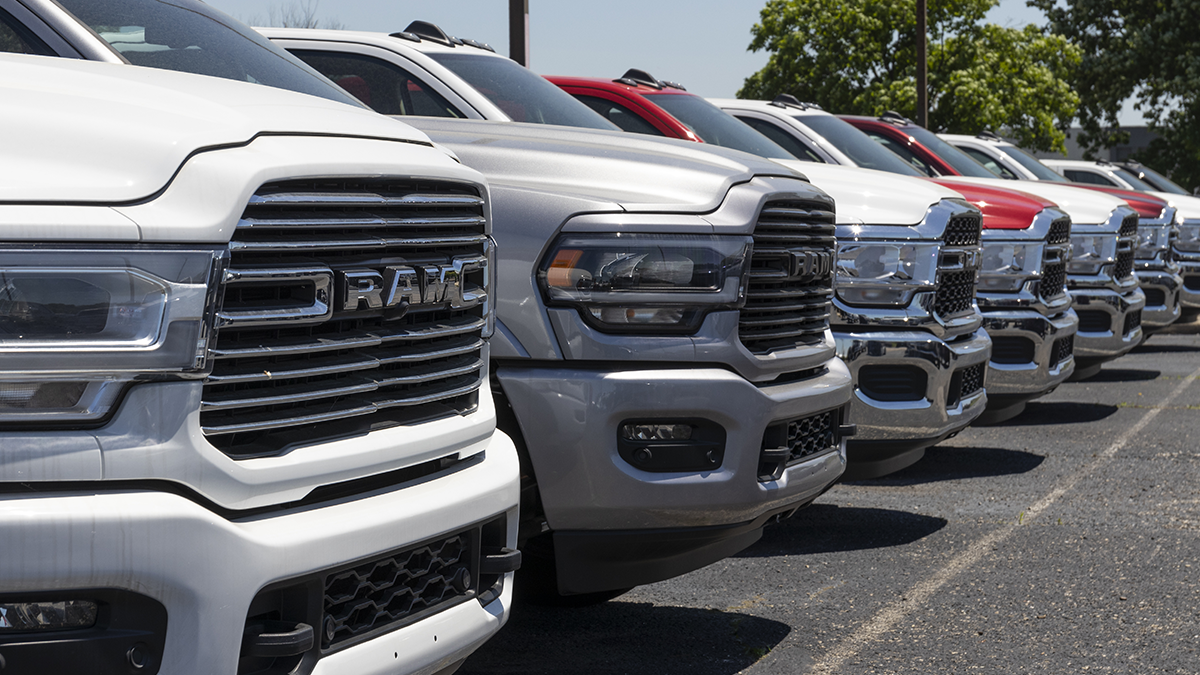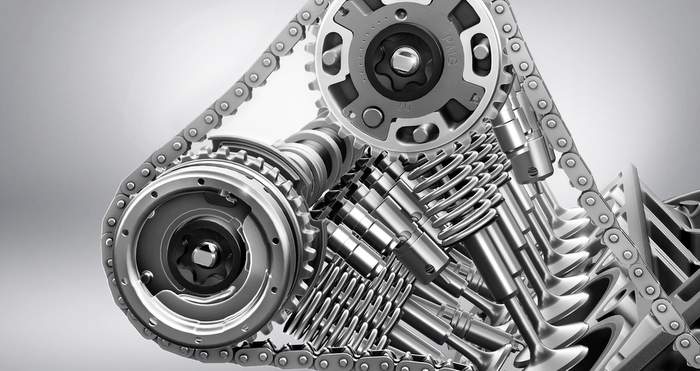
Hearing a Ticking Noise? FCA Hit with Class Action Over Alleged 3.6L Pentastar V6 Engine Problems
A class action alleges the 3.6L Pentastar V6 engine found in certain 2014-2020 Chrysler, Dodge, Jeep and RAM vehicles suffers from a valve train defect.
Well I've had 4 of the P-star engines, from 2012 to 2020, in 4 different vehicles (Dodge and Jeep brands). I've run them to redline having fun, used them for commuting, towed at maximum capacity with them (over 7,000 lbs in the case of the Gladiator), and used them on long trips. I've never had one single issue with any of them. Ever.
OK well that's not entirely true, the 2012 was the first year of the P-star in the Jeep Wrangler and they had early issues with casting sand not being washed out thoroughly at the factory, and the sand would clog the heater core. But they got that fixed and they've all been amazing engines since.
So I'm calling B.S. on this being a "known problem" with the engines. Sure, when you're making literally millions of copies you're going to have a few issues. Most of the valvetrain issues are due to employee error on the line. I've seen videos of the people who assemble the valvetrain. It's not robotic. Mistakes occasionally happen.





